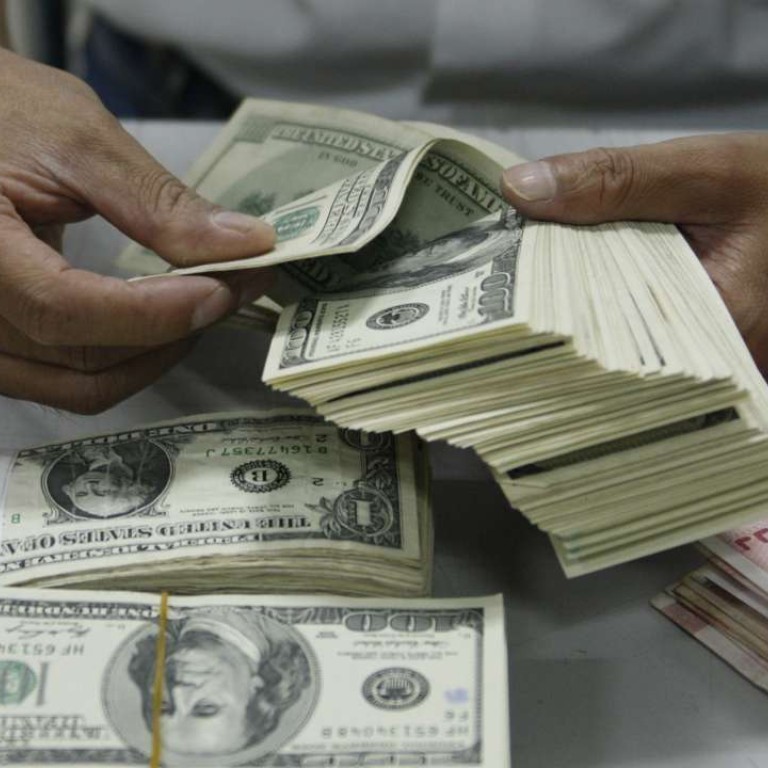
Chinese families with children studying abroad worry about impact of new curbs on yuan outflows
Mainland parents whose children are studying abroad have displayed a voracious appetite for US dollars amid expectations of a further deprecation of the yuan.
But they worry that overly-rapid buying of greenbacks could prompt regulators to expand foreign exchange controls, affecting their kids’ education plans.
Louie Zhang, 42, a middle-level manager with a state-owned manufacturer in Shanghai, said she couldn’t help feeling apprehensive upon hearing the news that Chinese authorities were imposing new curbs on capital outflows.
Her 17-year-old daughter, studying at a high school in the United States, is relying on money remitted from the mainland to fund heroverseas education.
“I am still able to remit money abroad at present,” Zhang said. “But I am afraid that in future we may have difficulties in doing so.”
Beijing’s tightening on capital outflows as a way of maintaining domestic economic order and keeping yuan’s currency rate stable have yet to have a substantial impact on individuals like Zhang.
A mainland resident is allowed to purchase as much as US$50,000 of foreign currencies a year and remit the money abroad.
“My family takes full advantage of the US$50,000 quota with all the family members’ quota used up so as to stack as much dollar assets as possible,” Zhang said. “The depreciation of yuan already cost us an extra 50,000 yuan a year and a continuation of the fall will force us to spend more on the education programme.”
Zhang’s daughter is among the more than 300,000 mainland students studying abroad.
The majority of the overseas students receive money from their parents.
An average Chinese student in the US spends about US$60,000 to US$80,000 a year.
The yuan has fallen about 10 per centsince August 2015, resulting in an additional expenditure of at least 40,000 yuan a year for parents of overseas students like Zhang.
“Regulators, wary of a buying euphoria that could eventually direct another multi-billion-dollar worth outflow, will likely take steps to limit the purchase and remittance of foreign currencies,” said Richard Qiu, a senior company executive and another parent of a student studying overseas. “The outlook is uncertain.”
Beijing liberalised foreign exchange for individuals in 2007, permitting each resident to convert yuan into foreign currencies, capped at the equivalent of US$50,000 a year, part of efforts to encourage direct capital outflows to tame domestic inflation at that time.
Shao Yu, chief economist with Orient Securities, said the “herd mentality” among parents seeking to hedge against a further decline in the yuan by purchasing US dollarsmight catch regulators’ attention, prompting new measures to slow down the pace of the outflows.
If the authorities were to make a U-turn, it would be the latest example of a sudden shift in policymaking with knock-on effects for families with children abroad.

